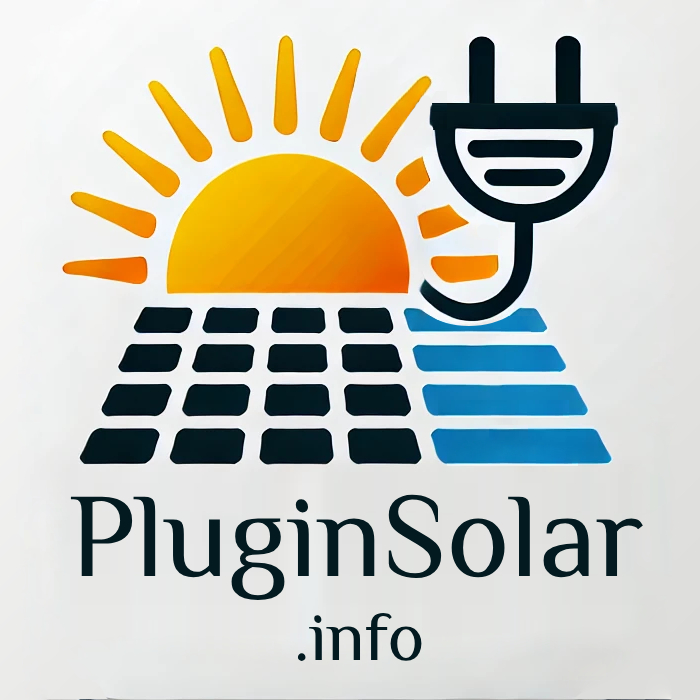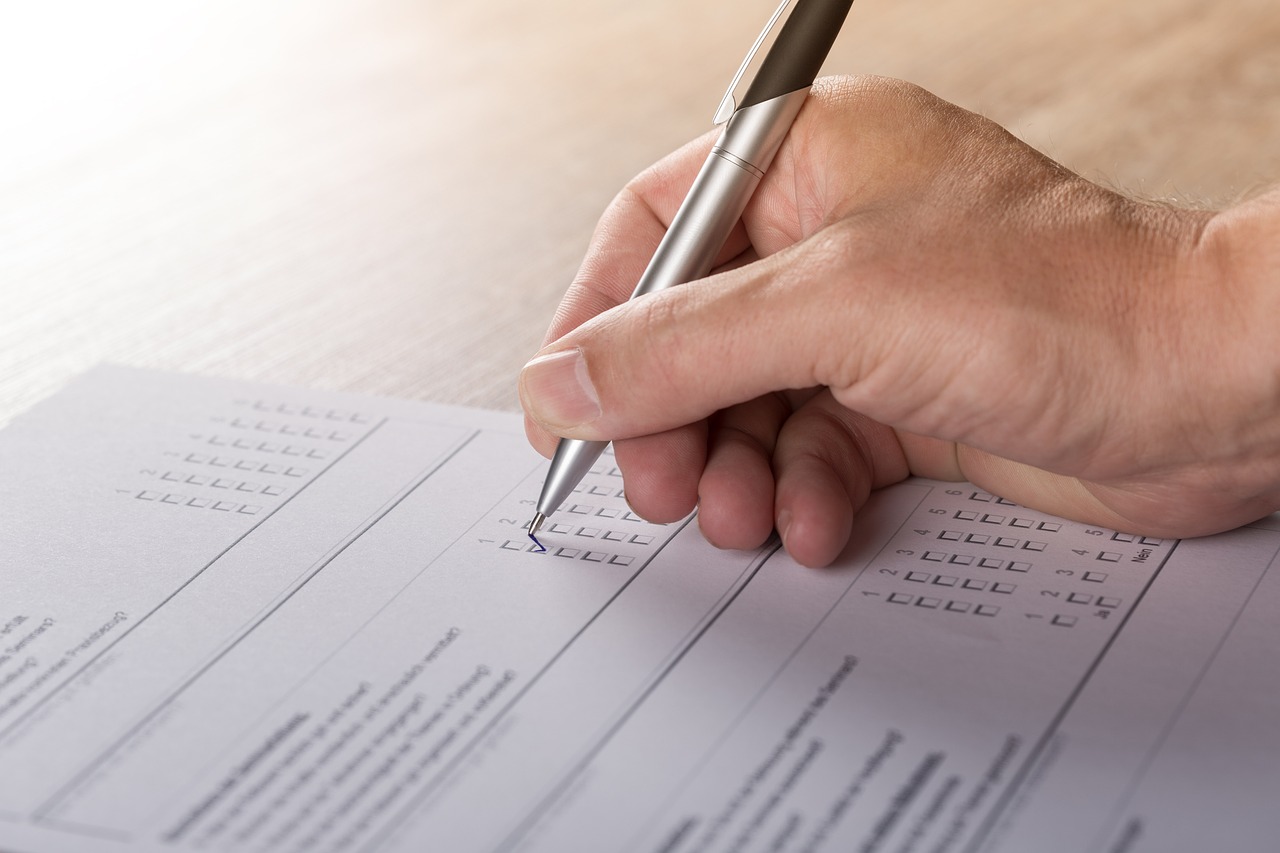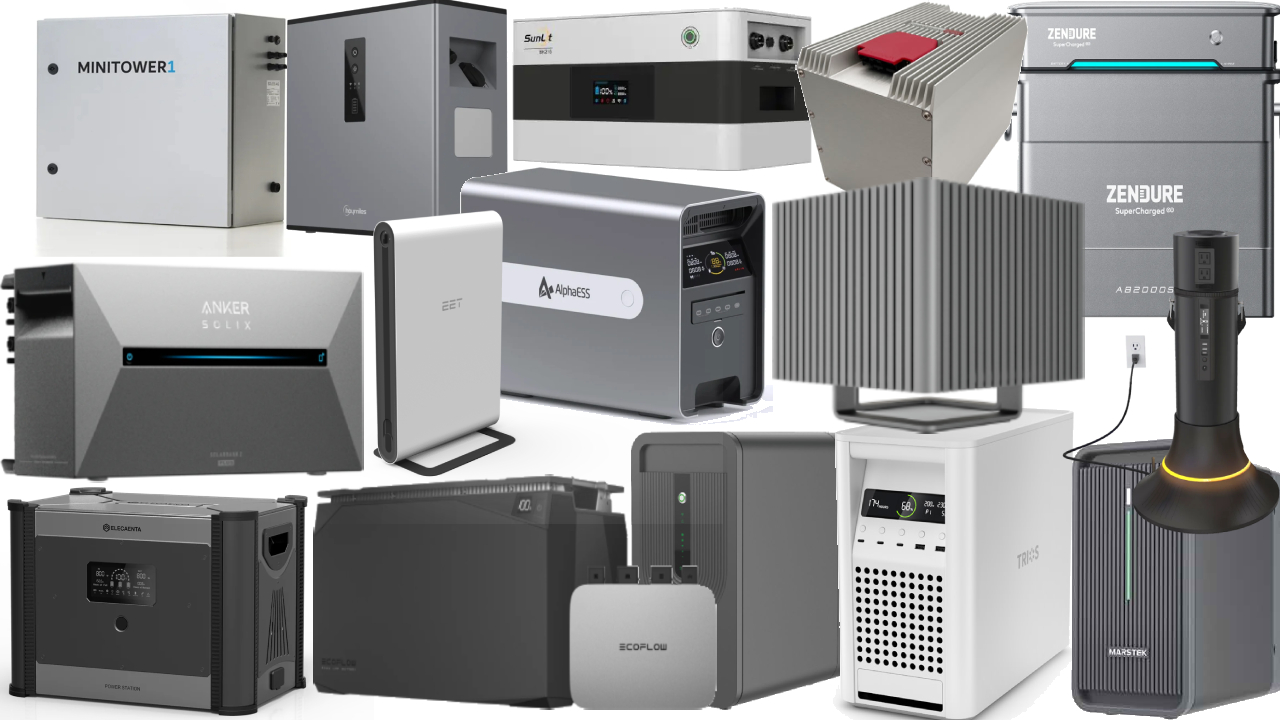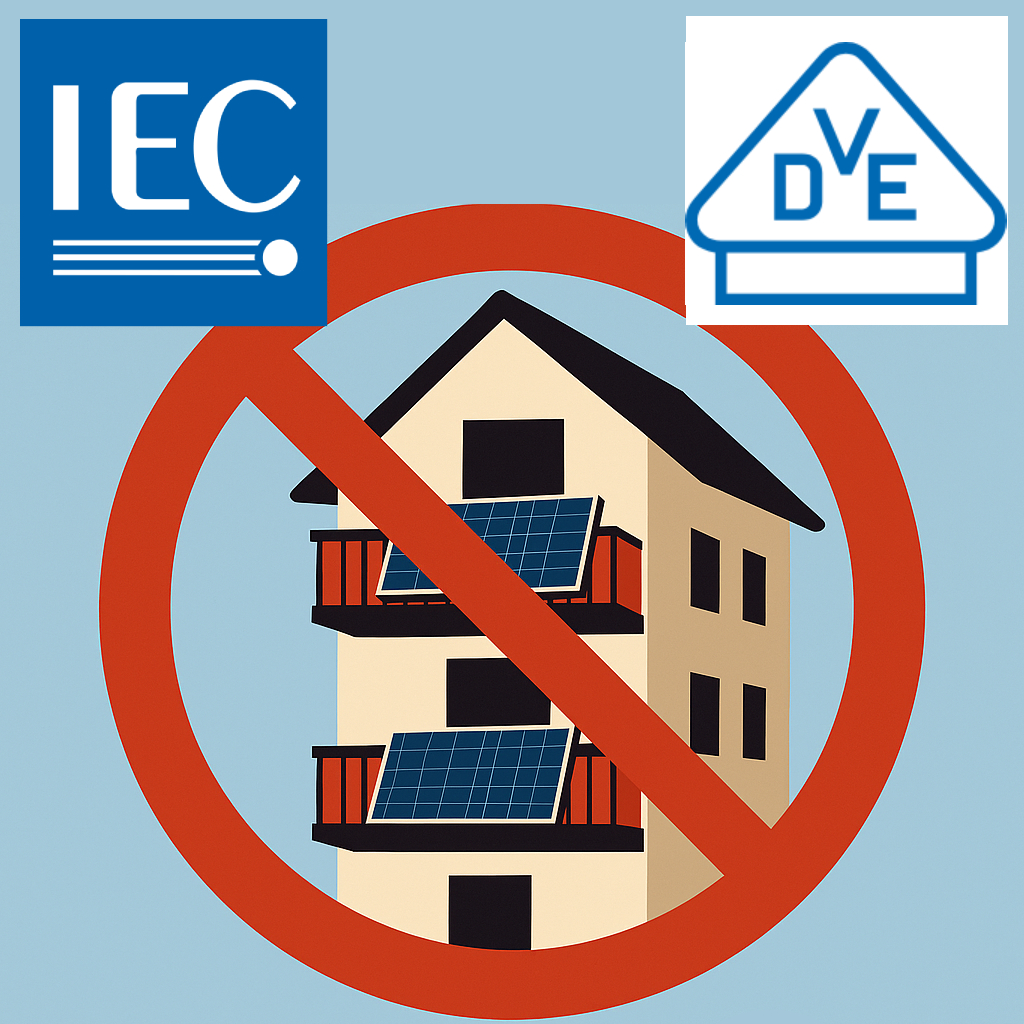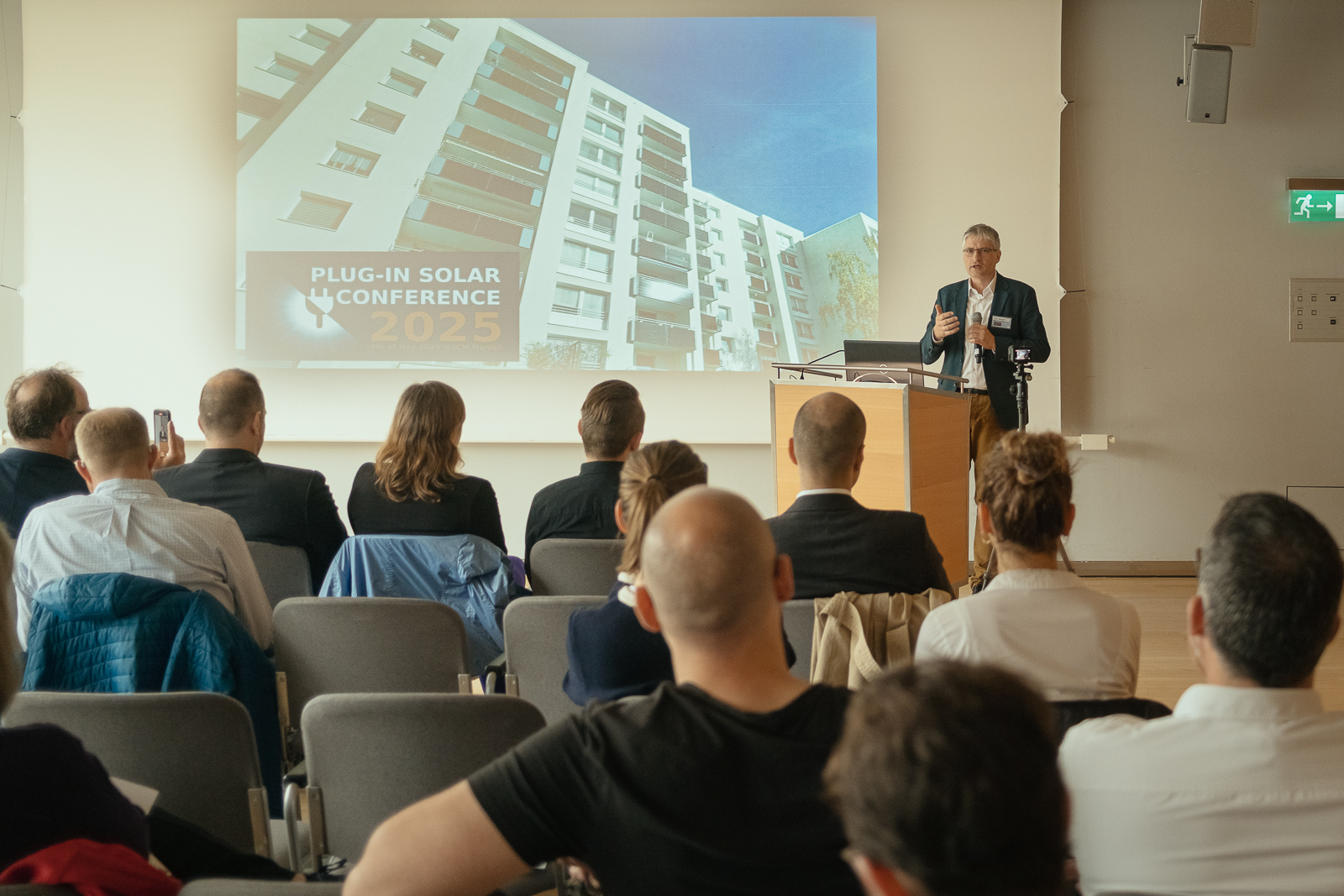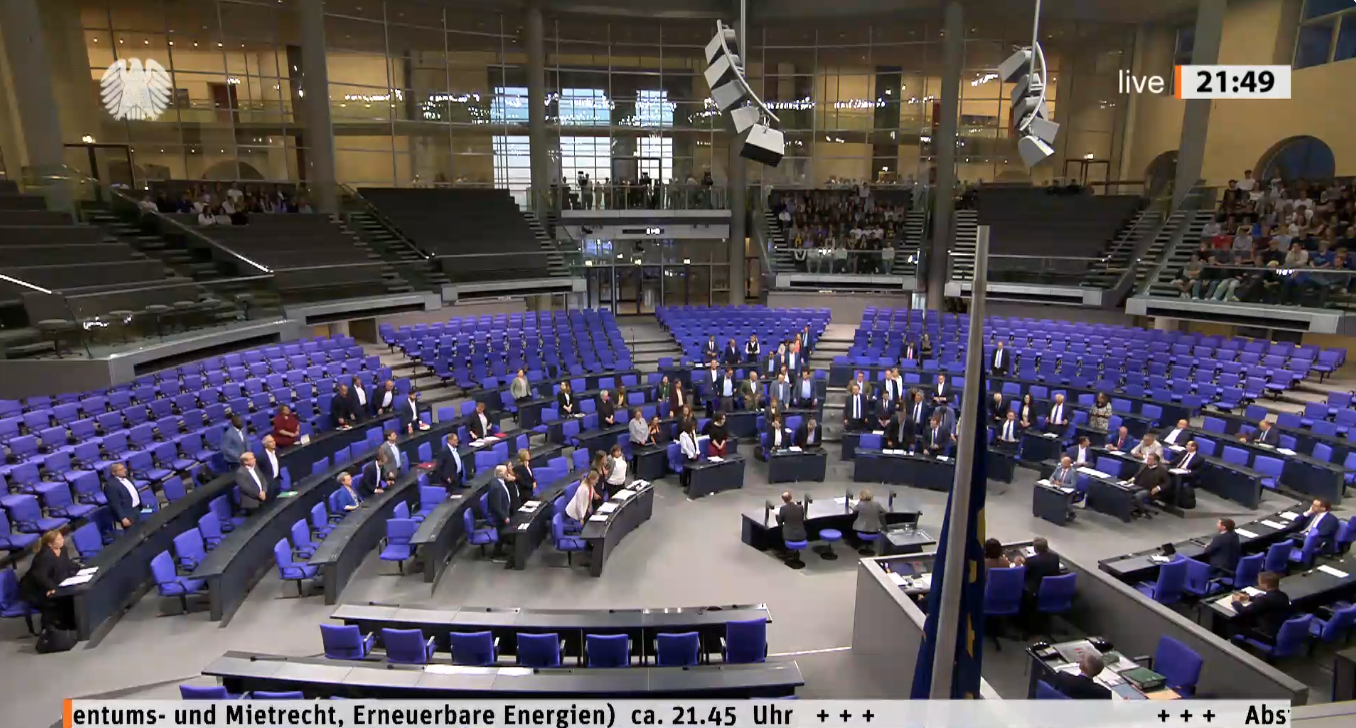
Starting July 4th, 2024, a new era of decentralized energy supply begins in Germany. On this day, the immense work that many people put into balcony power plants over the last years finally paid off:
For the first time in history, it has been legally established that EVERYONE in Germany has the right to generate and use their own solar energy!
This right applies regardless of age, income, living situation, or other factors! According to the Bundestag’s decision, this “right to a balcony power plant” is now also granted to tenants and apartment owners through the “Law on the Approval of Virtual Homeowner Meetings, Facilitation of Plug-in Solar Devices, and the Transferability of Limited Personal Easements for Renewable Energy Systems.”
This is made possible by including the balcony power plant among the “privileged measures” in rental and home ownership law. Specifically, from now on, rental law states:
“(1) The tenant may demand that the landlord permits structural changes to the rental property that serve the use by people with disabilities, the charging of electrically powered vehicles, protection against burglary, or the generation of electricity through plug-in solar devices. The claim does not exist if the structural change cannot be reasonably expected of the landlord, even considering the tenant’s interests.”
§554 BGB according to the draft law, Drucksache 20/9890 and in the Home Ownership Act (WEG):
“(2) Every apartment owner can demand reasonable structural changes that
- serve the use by people with disabilities,
- serve the charging of electrically powered vehicles,
- serve protection against burglary,
- serve connection to a high-capacity telecommunications network, and
- serve the generation of electricity through plug-in solar devices.”
§20 WEG according to the draft law, Drucksache 20/9890 this is considered a “reversal of the burden of proof” by legal experts. Previously, those interested in a balcony power plant had to seek permission for its approval and provide evidence of its safety. Now, landlords and homeowner associations must either provide clear guidelines on how a balcony power plant can be used or simply allow it. The adoption of this “right to a balcony power plant” is a huge success for everyone involved, including ourselves.
Many of the detailed questions about the actual significance of the law for justifying demands from landlords and homeowner associations remained unresolved. However, the Legal Affairs Committee at least provided clarity on one of the main issues in its recommendation:
“A visible installation of plug-in solar devices is generally the rule. […] Even with the visible installation of plug-in solar devices, there is generally no fundamental alteration within the meaning of § 20 paragraph 4 WEG, even if such devices are installed on multiple or all units.”
(Recommendation and report of the Legal Affairs Committee (6th Committee), Drucksache 20/12246 of 07/03/2024)
This excludes a fundamental rejection of balcony power plants for aesthetic reasons. Furthermore, it was clarified:
“The committee notes that the claim to install plug-in solar devices cannot be undermined by excessive requirements on the “how” of installation.”
(Recommendation and report of the Legal Affairs Committee (6th Committee), Drucksache 20/12246 of 07/03/2024)
With this law, the last and most important demand of the 2023 balcony solar petition has been implemented. But this does not mean the end of efforts to fully establish plug-in power plants in Germany. Further areas such as product standards, approval in allotment gardens, clarification of open legal questions, and a fair and sustainable market design will continue to occupy the activists in the coming months and years.
